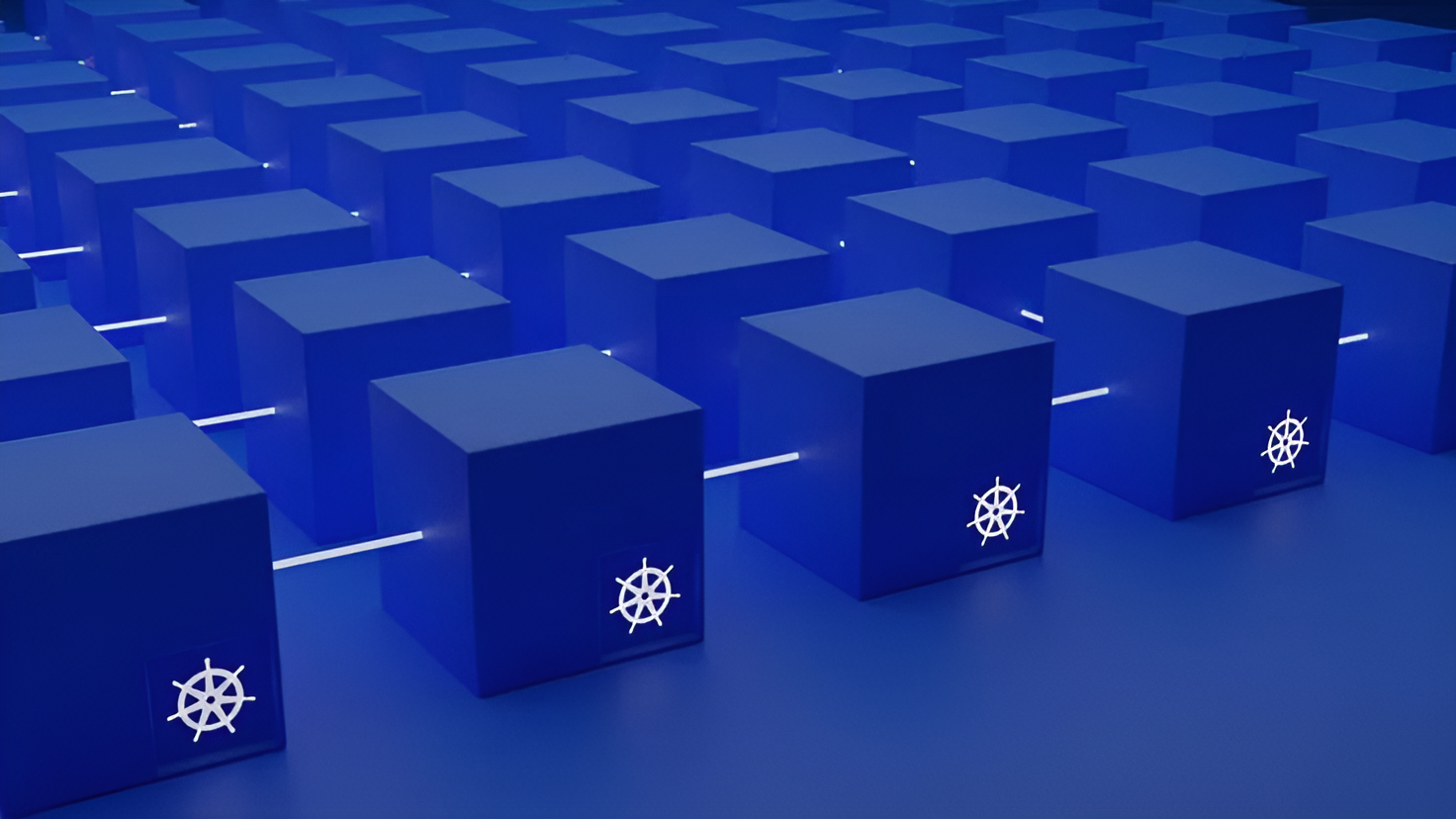Kubernetes has rapidly become the cornerstone of modern application development and deployment, revolutionizing the way enterprises manage containers and orchestrate workloads. Over the next decade, Kubernetes is poised to evolve significantly, adapting to technological advancements and industry demands, thus reshaping cloud-native ecosystems.
By 2035, Kubernetes will likely see deeper integration with artificial intelligence and machine learning. Predictive orchestration will optimize resources dynamically, forecasting demand, automatically adjusting workloads, and proactively mitigating issues before they occur. This evolution will improve efficiency, reduce costs, and elevate overall application performance and reliability.
Security within Kubernetes will undergo substantial enhancements, responding to increasingly sophisticated cyber threats. Advanced automated security measures, such as real-time threat detection and adaptive defenses, will become integral, ensuring comprehensive protection throughout the container lifecycle. Kubernetes will inherently support zero-trust architectures, making microservice interactions even more secure and resilient.
The rise of edge computing will also dramatically influence Kubernetes' evolution. Kubernetes distributions will become lightweight, highly efficient, and specifically optimized for edge environments, enabling seamless management of thousands of distributed micro data centers and IoT devices. This distributed Kubernetes framework will empower low-latency applications critical for industries like healthcare, autonomous vehicles, and manufacturing.
Moreover, Kubernetes' complexity will be addressed through enhanced abstraction layers and managed services. User-friendly, no-code or low-code Kubernetes management platforms will emerge, democratizing access to Kubernetes' power and making it accessible even to organizations without extensive DevOps expertise.
Finally, sustainability will drive significant changes in Kubernetes development. Eco-friendly orchestration features, such as energy-aware scheduling and resource allocation, will become standard, helping enterprises minimize their carbon footprint.
In summary, the next decade of Kubernetes will be marked by intelligence, security, efficiency, accessibility, and sustainability, solidifying its role as the indispensable orchestrator of the future cloud-native ecosystem.




















Discussion